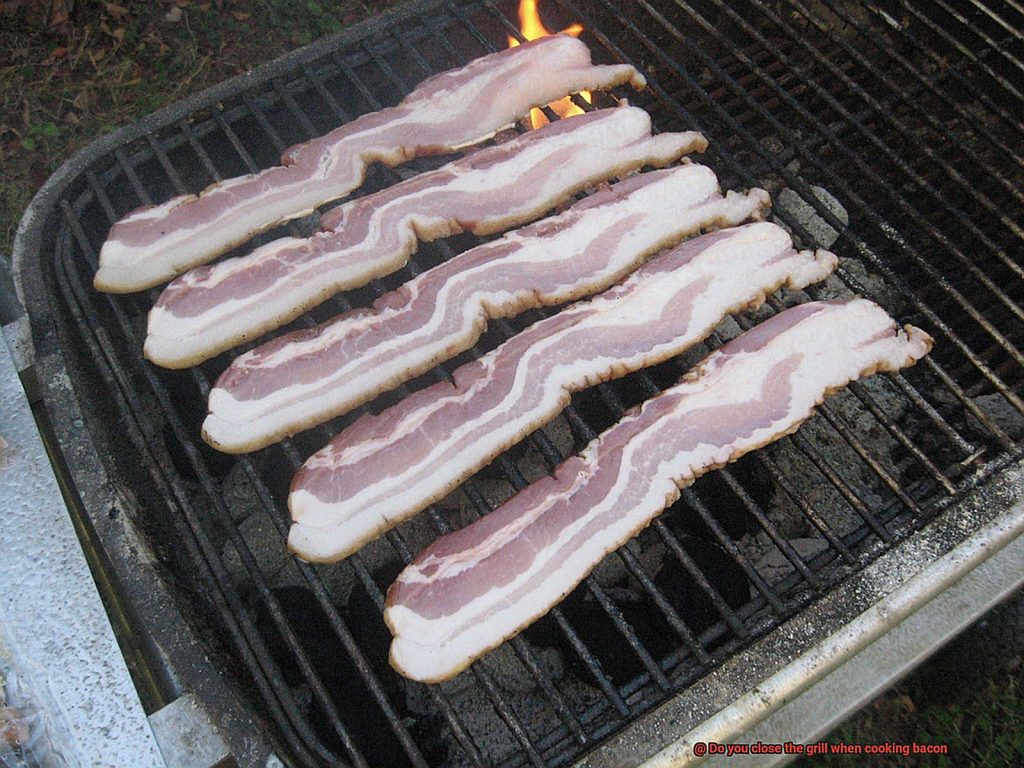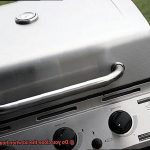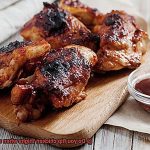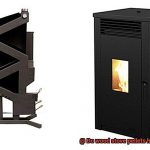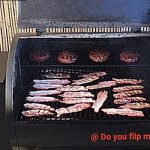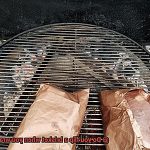Picture this: the sun is shining, birds are chirping, and you’re standing in front of your grill, ready to cook up a batch of mouthwatering bacon. But as you reach for the lid, a nagging question pops into your head: do you close the grill when cooking bacon?
It’s a debate that has raged on for years among bacon enthusiasts. Some swear by closing the grill to ensure even cooking and maximum crispiness. Others argue that leaving it open allows excess grease to drip off, resulting in a healthier (but still delicious) bacon.
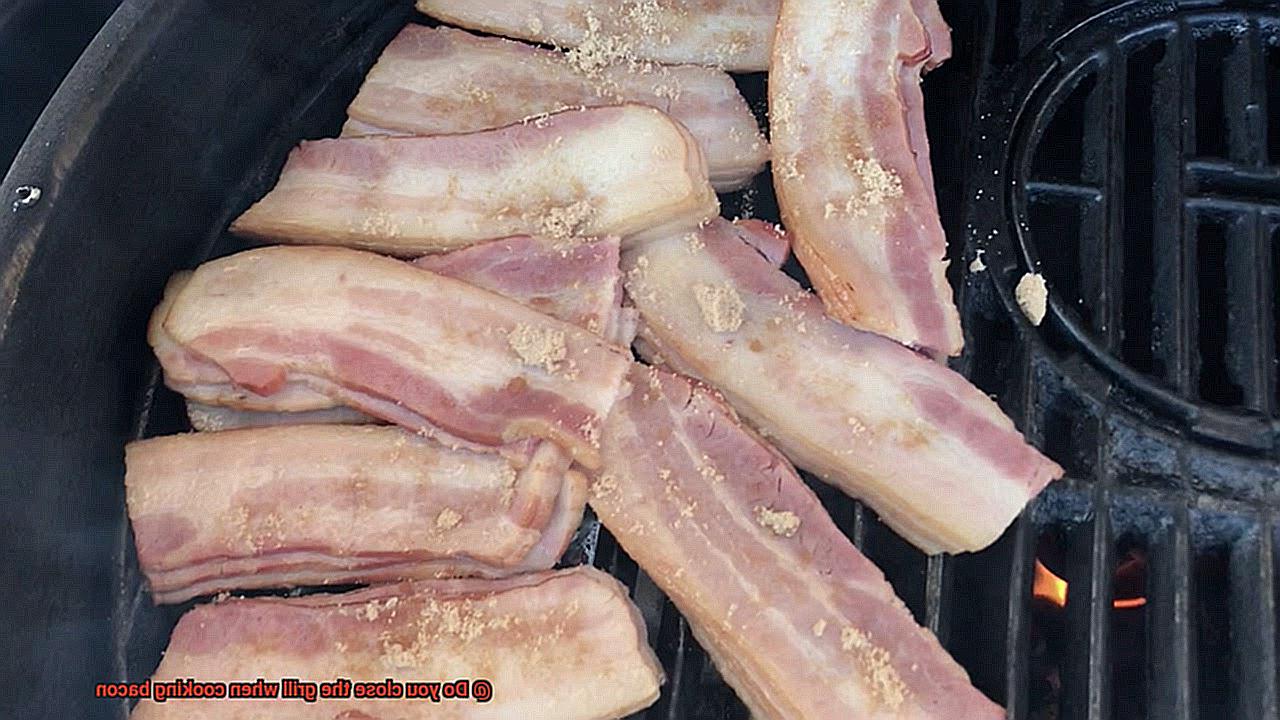
So, which method is right? The truth is, there’s no one-size-fits-all answer. It all depends on your personal preferences and the type of grill you’re using.
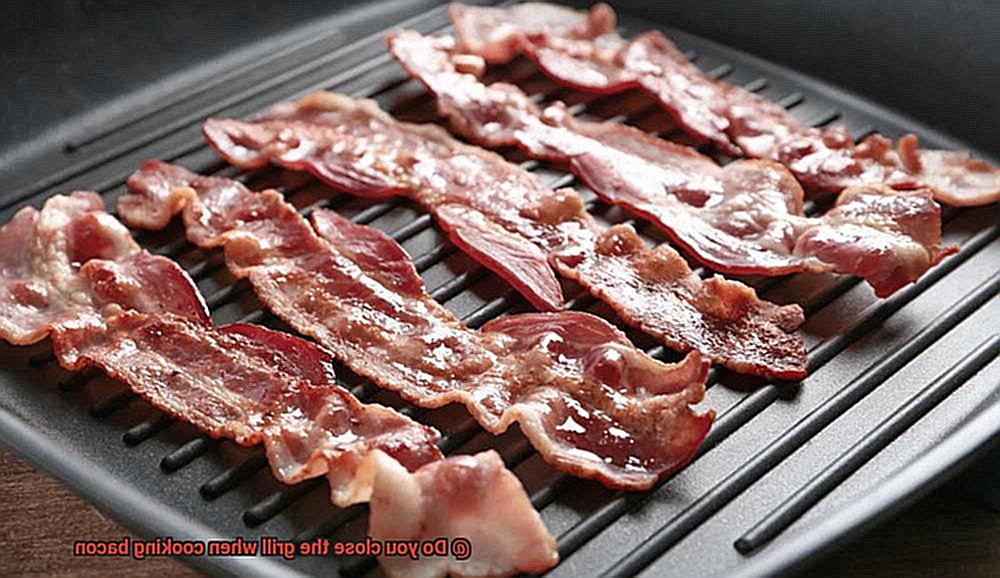
But fear not, dear reader – we’re here to help. In this blog post, we’ll break down the pros and cons of both approaches and offer some expert tips to help you achieve bacon perfection every time. We’ll also delve into the science behind bacon and grilling, exploring how factors like temperature and thickness can impact your results.
Whether you’re a seasoned grill master or a newbie cook, this post will give you plenty to chew on (pun intended) next time you fire up the grill for some sizzling strips of heaven. So grab a cold drink and let’s get started.
Contents
Types of Grills: Gas vs Charcoal
Grilling bacon is an art form, and the type of grill you use can make a significant difference in the outcome. Gas and charcoal grills are two popular options for cooking bacon, each with its own advantages and disadvantages. Here are five sub-sections that will help you decide which type of grill is best for your next bacon grilling experience.
Convenience
If you’re looking for convenience and ease of use, then a gas grill may be your best option. Gas grills heat up quickly and offer precise temperature control, which is essential when cooking bacon. You don’t need to worry about adding charcoal or adjusting the heat by moving the coals around. Instead, turn on the burners and let the grill do the work.
On the other hand, charcoal grills require more time and effort to set up and maintain the correct temperature. You need to add charcoal, light it up, and wait for it to reach the right temperature before you can start cooking. This can take up to 30 minutes or longer. However, if you enjoy the traditional feel of cooking with charcoal, this may not be a disadvantage.
Flavor
The smoky flavor that bacon lovers crave is one of the biggest draws of using a charcoal grill. The smoke from the charcoal infuses the food with a smoky taste that cannot be replicated with a gas grill. If you’re a fan of smoky bacon, then a charcoal grill is the way to go.
Gas grills do not provide as much smoky flavor as charcoal grills, but they do offer a cleaner taste without the charcoal residue. This can be beneficial if you prefer your bacon without any added smoky flavor.
Cost
Charcoal grills tend to be less expensive than gas grills, making them an attractive option for those on a budget. However, you will need to purchase charcoal regularly if you plan on using your grill frequently. Gas grills are more expensive initially, but they require less maintenance and fuel over time.
Lid Open or Closed?
When using a gas grill, it’s best to keep the lid closed when cooking bacon. This helps to create a consistent temperature inside the grill, ensuring that your bacon cooks evenly. When the lid is closed, the heat circulates around the bacon, cooking it from all sides.
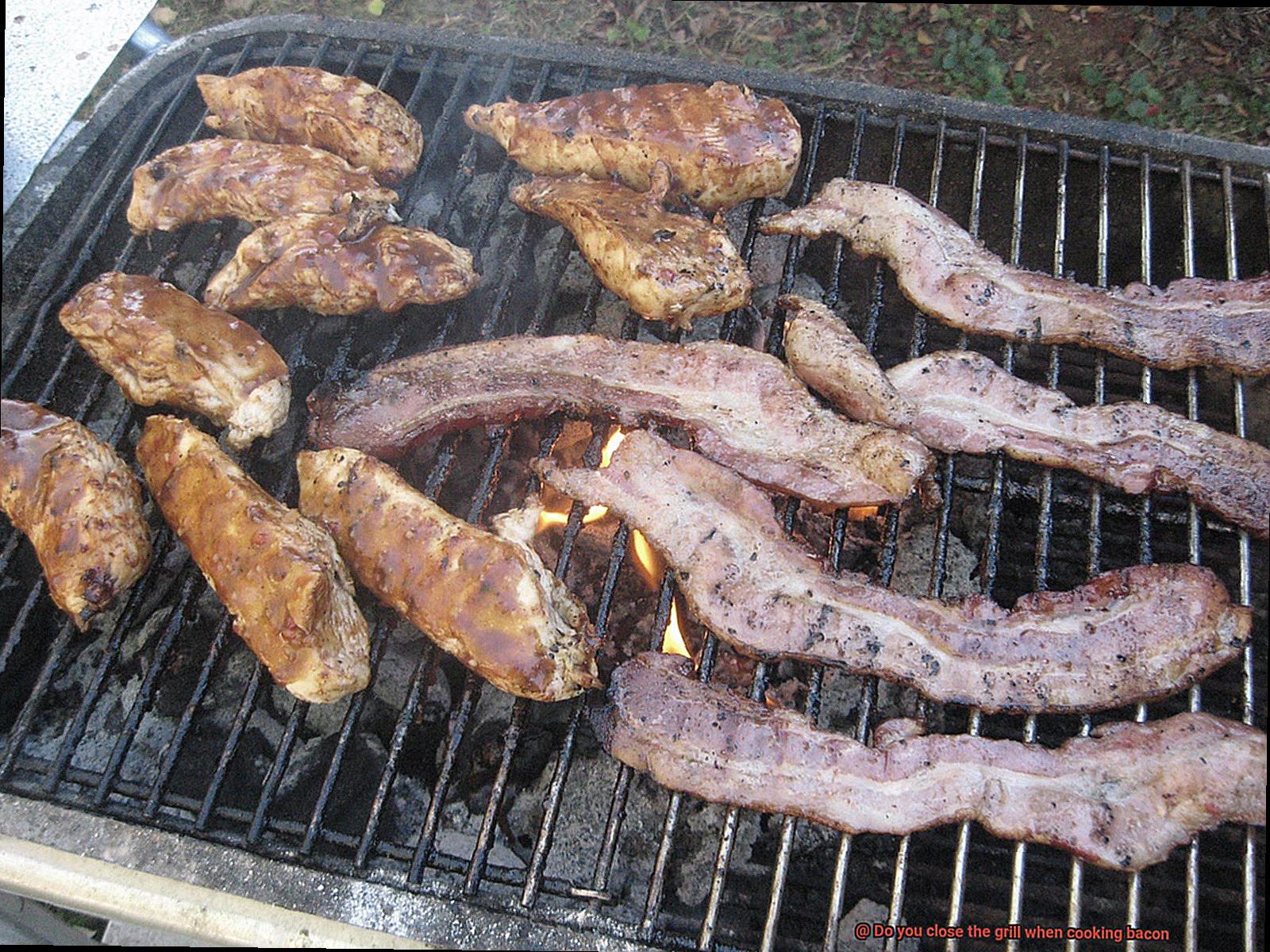
However, if you’re using a charcoal grill, it’s generally recommended to leave the lid open when cooking bacon. This allows for better airflow and prevents the bacon from becoming too smoky or burnt. Since charcoal grills tend to produce more smoke than gas grills, keeping the lid open can help to control the amount of smoke that penetrates the bacon.
Tips for Grilling Bacon
Regardless of which type of grill you choose, there are a few tips to keep in mind when grilling bacon. First, use indirect heat by placing the bacon on the cooler side of the grill rather than directly over the flame or burner.
Benefits of Closing the Grill Lid While Cooking Bacon on a Gas Grill
You may have wondered whether it’s necessary to close the grill lid while cooking bacon. As an expert in this area, I can confidently say that closing the grill lid while cooking bacon on a gas grill is essential for achieving the best results.
First and foremost, closing the lid helps to create a convection effect that cooks the bacon more evenly and quickly. This means you can enjoy perfectly cooked bacon without any undercooked or overcooked strips. Plus, who doesn’t love faster cooking times?
But that’s not all. Closing the grill lid also helps prevent flare-ups. Bacon is high in fat, which means that when it cooks, it can release a lot of grease. If this grease hits an open flame, it can cause sudden bursts of fire that can burn your bacon and even damage your grill. By closing the lid, you create a barrier between the grease and the flame, reducing the risk of flare-ups.
Another benefit of closing the grill lid while cooking bacon is that it helps keep your bacon juicy and tender. You don’t want to end up with tough, chewy strips of bacon, right? When you cook bacon over an open flame without a lid, the heat can quickly dry out the meat. By closing the lid, you trap in moisture and create a more humid environment that keeps your bacon moist and tender.
Lastly, closing the grill lid can also help infuse your bacon with more smoky flavor. Who doesn’t love that rich smoky flavor profile? When you cook bacon over an open flame without a lid, much of the smoke escapes into the air. By closing the lid, you trap in more of that smoke, giving your bacon a richer, more complex flavor profile.
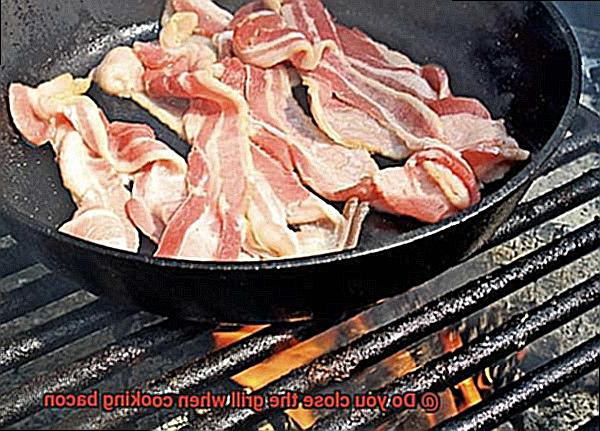
In summary, here are the benefits of closing the grill lid while cooking bacon on a gas grill:
- Evenly and quickly cooked bacon
- Prevents flare-ups
- Keeps your bacon juicy and tender
- Infuses your bacon with more smoky flavor
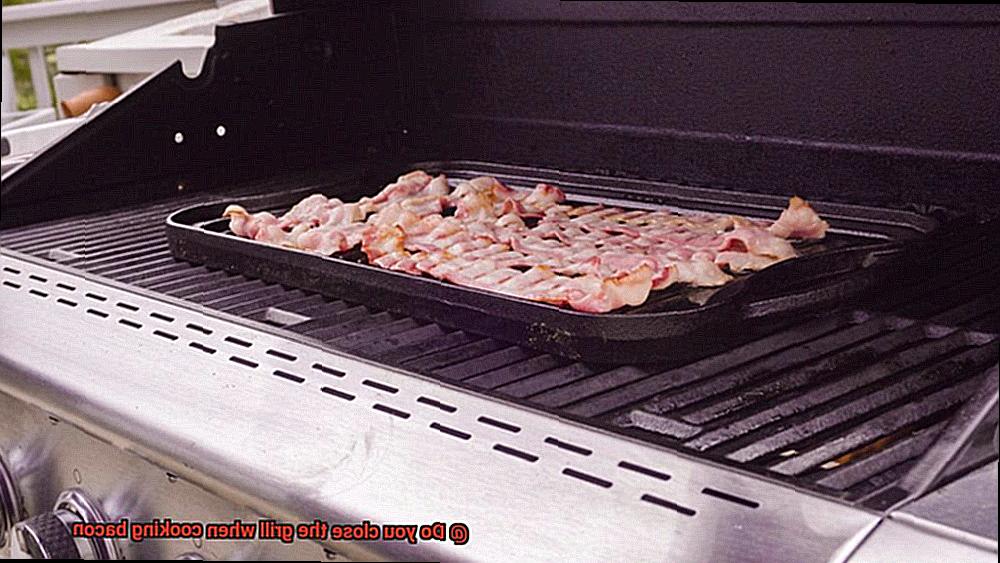
Benefits of Leaving the Grill Open While Cooking Bacon on a Charcoal Grill
When it comes to cooking bacon on a charcoal grill, the question that often arises is whether to leave the grill open or closed. While some may argue that closing the grill is the way to go, there are actually several benefits to cooking bacon with it open.
One of the most significant advantages of leaving the grill open is that it can help prevent flare-ups while reducing the risk of burning or overcooking your bacon. When the grill is closed, excess grease and fat from the bacon can build up and cause flare-ups. This can quickly char your bacon and make it inedible. However, leaving the grill open allows excess grease to drip off onto the coals below, preventing flare-ups and ensuring even cooking.
In addition to preventing flare-ups, leaving the grill open can also infuse your bacon with more smoky flavor. With an open grill, smoke from the charcoal can circulate more freely around the bacon. This results in a richer and more complex flavor that’s sure to satisfy any bacon lover’s cravings.
Another advantage of leaving the grill open is greater control over the cooking process. With the grill open, you can easily monitor your bacon and adjust heat levels as necessary. This means you can achieve your desired level of crispiness without worrying about burning or charring your meat.
Tips for Perfectly Cooked Bacon Every Time
Cooking bacon on the grill can be a tricky business. One of the most debated questions is whether or not to close the grill when cooking bacon. Let’s explore this question and provide some tips for perfectly cooked bacon every time.
Tip 1: Choose the Right Bacon
The first step to perfectly cooked bacon on the grill is to choose the right type of bacon. Thick-cut bacon is the best choice for grilling because it will hold up better to the heat and won’t shrink as much as thinner cuts.
Tip 2: To Close or Not to Close?
The answer to whether you should close the grill when cooking bacon is not so simple. Closing the grill can create a more controlled environment, trapping in heat and smoke to cook the bacon evenly. However, it can also lead to flare-ups and uneven cooking if the heat is too high or the bacon is too close to the flames. On the other hand, leaving the grill open allows for more air circulation and can prevent flare-ups, but it may also result in uneven cooking and longer cook times.
Ultimately, the decision to close or leave the grill open will depend on personal preference and the specific grill being used. It’s important to keep an eye on the bacon and adjust the heat and positioning as needed to ensure even cooking.
Tip 3: Use Indirect Heat
Using indirect heat is another tip for perfectly cooked bacon on the grill. This means placing the bacon on one side of the grill while leaving the other side off. This will help prevent flare-ups and uneven cooking. It’s also important to flip the bacon regularly to ensure even cooking on both sides.
Tip 4: Experiment with Flavors and Seasonings
Don’t be afraid to add some flavor to your grilled bacon by experimenting with different seasonings. A sprinkle of brown sugar, paprika, or chili powder can add a delicious twist to this classic breakfast staple.
Tip 5: Keep an Eye on It
Finally, it’s essential to keep an eye on your bacon while it’s grilling. Adjust the heat and positioning as needed to ensure even cooking and prevent burning. Using a meat thermometer can also help ensure that your bacon reaches your desired level of crispiness.
Preheat Your Grill Before Adding the Bacon
Picture this: it’s a beautiful day outside, and you’re getting ready to grill up some delicious bacon for your friends and family. You’re excited to dig in, but before you start cooking, there’s one crucial step you can’t forget: preheating your grill.
Why is preheating so important, you ask? Let’s break it down:
- Even Cooking: Preheating your grill allows the grates to get hot and creates a consistent cooking surface for your bacon. This means each strip will cook evenly and have that perfect crispy texture we all crave.
- No Flare-Ups: We all know that bacon loves to cause flare-ups on the grill, which can be dangerous and result in uneven cooking. Preheating your grill helps prevent these flare-ups by allowing excess grease to burn off before adding the bacon.
- Perfect Grill Marks: There’s nothing quite like those gorgeous grill marks on our food. Preheating your grill helps create those perfect sear marks on your bacon, adding an extra layer of flavor and presentation to your dish.
So, how do you preheat your grill? It’s easy. Simply turn it on to high heat and close the lid for at least 10-15 minutes. This will give the grates time to get hot and prepped for cooking. And remember, never add your bacon to a cold grill. Doing so will result in uneven cooking and an increased risk of sticking to the grates.
Use a Drip Pan to Catch Excess Grease and Prevent Flare-Ups
Grilling up some delicious bacon on a sunny day is one of the joys of summer. But, did you know that cooking bacon on a grill can be a bit of a challenge? The grease from the bacon can cause unexpected flare-ups, resulting in unevenly cooked bacon and even a potential safety hazard. That’s where the trusty drip pan comes in.
A drip pan is an essential tool when cooking any greasy food on the grill. It is a shallow pan that fits underneath the grill grates where the bacon is placed. Its job is simple but essential. It catches the excess grease as it drips down, preventing it from hitting the flames and causing flare-ups.
Using a drip pan has numerous benefits, including:
Preventing Flare-Ups
Flare-ups are caused when grease from the bacon drips onto the flames, causing them to grow suddenly and scorching the bacon. Using a drip pan prevents this from happening as it catches the grease before it hits the flames.
Ensuring Even Cooking
When grease drips onto the flames, it can cause hot spots on your grill, resulting in unevenly cooked bacon. By using a drip pan, you’re ensuring that your bacon is cooking evenly without any hot spots.
Easy Cleanup
Cleaning up after grilling can be messy and time-consuming. However, using a drip pan makes cleaning up much more manageable. Simply remove the pan and dispose of any excess grease.
When using a drip pan, it’s crucial to make sure that it’s placed correctly underneath the bacon to catch all the grease. It should also be checked frequently during cooking to make sure it doesn’t overflow.
Drip pans come in various sizes and materials, including aluminum, stainless steel, and disposable options. Reusable aluminum and stainless steel pans are durable and easy to clean, while disposable options are convenient for easy cleanup and are typically made of aluminum or other lightweight materials.
Different Levels of Doneness For Different Tastes
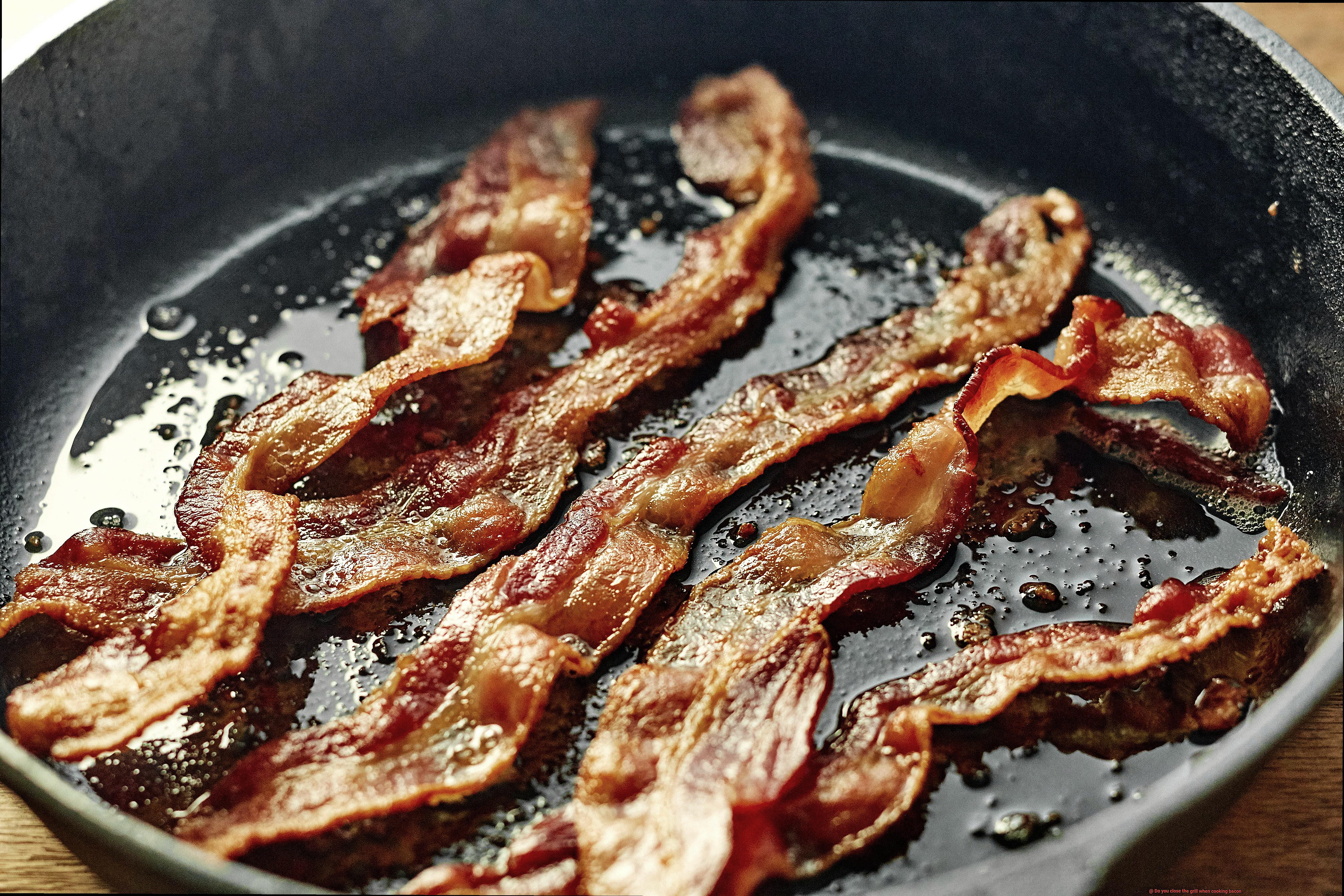
Whether you like it crispy, chewy, or somewhere in between, understanding the different levels of doneness can help you achieve the perfect texture and taste when cooking bacon on the grill.
So, what exactly are the different levels of doneness? Rare, medium, and well-done are the three levels of bacon doneness. Rare bacon is cooked for a shorter amount of time, resulting in a soft texture and less crispy than medium or well-done bacon. Medium bacon has a slightly crispy texture, while well-done bacon is cooked until it’s crispy and almost burnt.
Achieving the perfect level of doneness for your bacon depends on keeping an eye on the cooking time and adjusting as needed. If you prefer your bacon crispy and well-done, you’ll need to cook it for longer than someone who likes their bacon rare or medium. When cooking for a group with varying preferences, adjust the cooking time or temperature to achieve a range of doneness levels.
Why does the level of doneness matter? Well, it affects both the taste and texture of your bacon. Rare bacon has a softer texture and a meatier flavor compared to well-done bacon that has a crispy texture and smokier flavor. Medium-level doneness offers a balance between both worlds.
But remember, it’s not just about choosing your preferred level of doneness – it’s also about understanding how to achieve it. Keep your eyes on the grill and adjust accordingly to ensure your bacon comes out perfectly every time.
ZQ1dDdQ4LO0″ >
Conclusion
In the world of bacon enthusiasts, the debate over whether to close the grill when cooking bacon is a hot topic. But fear not, for we have uncovered some expert tips that will help you achieve perfectly cooked bacon every time.
Gas grills require closing the lid while cooking bacon to create a consistent temperature inside the grill and prevent flare-ups. Meanwhile, charcoal grills require leaving the lid open to control smoke penetration and prevent uneven cooking. So choose your weapon wisely.
But it’s not just about the type of grill you use; selecting the right bacon, experimenting with flavors and seasonings, using indirect heat, preheating your grill before adding bacon, and using a drip pan are all crucial steps in achieving mouthwatering bacon.
And let’s not forget about understanding different levels of doneness. Whether you like your bacon crispy or chewy, keeping an eye on the cooking time and adjusting as needed is key.
So, get ready to fire up that grill and tantalize your taste buds with sizzling strips of heaven.

